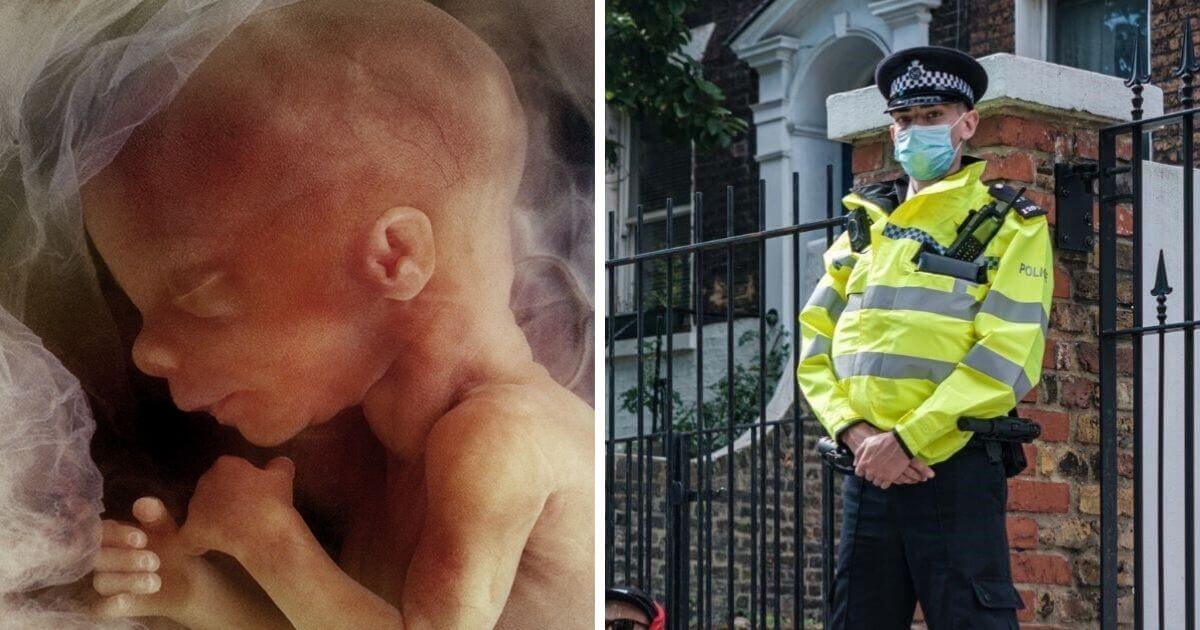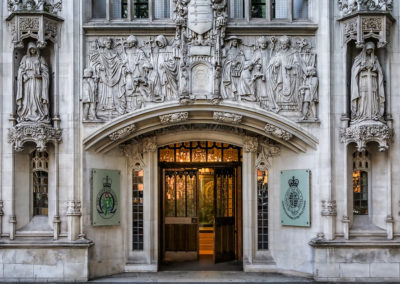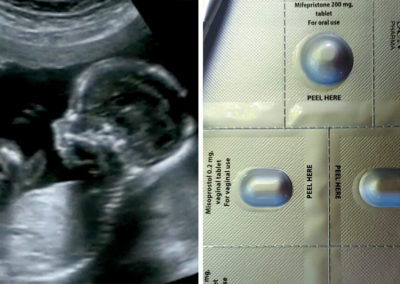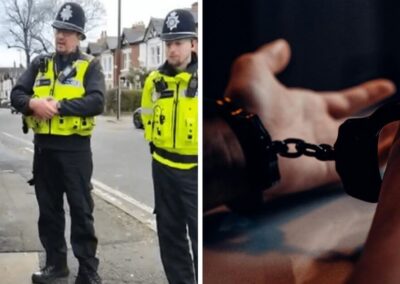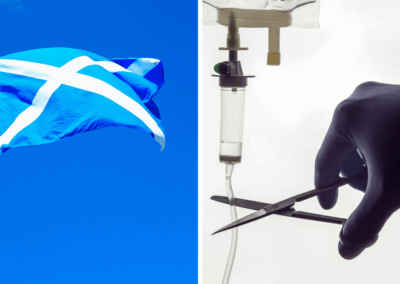A local abortion buffer zone, implemented through the use of a Public Space Protection Order (PSPO), which criminalises offers of help as well as prayer outside an abortion clinic, may be found unlawful after it was challenged in the High Court today on the grounds that it restricts otherwise lawful activity within private dwellings.
The buffer zone in Bournemouth has been in operation since October last year, and establishes a zone in which “engaging in an act of approval/disapproval… with respect to issues related to abortion services” is prohibited. The zone prohibits offers of help and explicitly forbids prayer.
Today, Livia Tossici-Bolt and Christian Concern sought to challenge the local Public Space Protection Order (PSPO) that creates the buffer zone, on the grounds that the Bournemouth, Christchurch and Poole Council did not have the power to enact a PSPO that restricts lawful activity conducted in private dwellings.
Being pro-life in a private dwelling could be criminal
According to reports, lawyers argued that the way the PSPO has been drawn up makes no distinction between public and private dwellings within the buffer zone. This means that if someone could be seen or heard praying against abortion in their home from the street, this could result in a fine. It may also mean that if someone wanted to hang a pro-life sign within their own home, this could also be criminalised.
The lawyers argued that the Anti-Social Behaviour, Crime and Policing Act 2014, which gives local councils the power to create and enforce PSPOs, does not give them the power to reach into private dwellings in this manner.
PSPOs were introduced “to help ensure that the law-abiding majority can use and enjoy public spaces, safe from antisocial behaviour”. However, they have been used by a number of local councils, including in Birmingham and Ealing, to create buffer zones, which criminalise offers of help and prayer.
Ahead of the hearing, Miss Tossici-Bolt said “I find [it] extremely concerning that unfounded accusations of such reprehensible behaviour have been used for ideological gains to discredit genuine humanitarian endeavours. We have already been intimidated out of exercising our freedom of thought and of expression, but have continued to defend these fundamental rights with a peaceful conduct”.
“Vigils are there to serve women and couples in a pregnancy crisis, with information that opens new possibilities to them, therefore enabling them to make a true choice when, often, they believed they had none. We also believe our presence on the ground is vital to women who might have been brought to the BPAS facility under coercion…”.
“Silent prayer, within itself, is not unlawful”
Legislation was passed in March of this year that makes it a criminal offence to “influence” any person seeking to access abortion services within 150m of any abortion clinic across England and Wales. It has not come into force yet.
Livia Tossici-Bolt’s challenge comes after the Home Secretary, Suella Braverman, last month reminded police in the UK that “silent prayer, within itself, is not unlawful”, raising questions about the legislation passed earlier this year that makes “influencing” any person who wants to access abortion services at an abortion facility illegal.
Braverman’s letter, released at the beginning of September, came just days before the First Minister of Scotland, Humza Yousaf, signalled his continued support for the introduction of buffer zones in Scotland.
“[H]olding lawful opinions”, the letter reminds officers, “even if those opinions may offend others, is not a criminal offence”.
In the letter, the Home Secretary quotes His Majesty’s Chief Inspector approvingly “The police […] aren’t there to champion social change or take sides. This includes a requirement to preserve all rights, including the right to free speech”.
Right To Life UK spokesperson, Catherine Robinson, said “Many women have been helped outside abortion clinics by pro-life volunteers who have provided them with practical support, which made it clear to them that they had another option other than going through with the abortion”.
“This seems to be a truly draconian PSPO that reaches into the homes of ordinary people. It creates an offence for being privately pro-life. It is direct viewpoint discrimination”.


